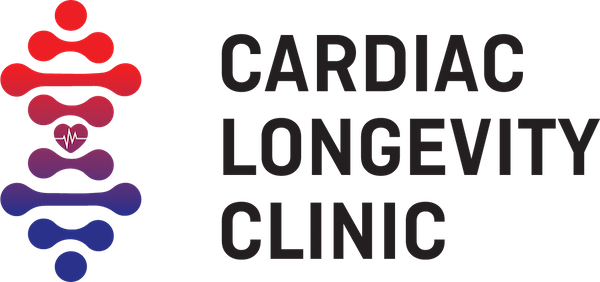Importance of Regular Screenings and Monitoring
Routine health screenings and consistent monitoring are vital for early detection, prevention, and effective management of cardiovascular disease. Many heart-related conditions, such as high blood pressure, diabetes, and high cholesterol, often develop without noticeable symptoms. Regular check-ups allow healthcare providers to identify risk factors early and take proactive steps to protect your heart health.

Key Tests for Cardiovascular Health
Certain tests and screenings are essential for assessing your cardiovascular health and preventing complications.
Blood Pressure and Cholesterol Checks
Monitoring your blood pressure and cholesterol levels is one of the most effective ways to detect cardiovascular risk factors early:
- Blood Pressure: High blood pressure (hypertension) is often called the “silent killer” because it typically has no symptoms but significantly increases the risk of heart disease and stroke. The American Heart Association (AHA) recommends regular blood pressure checks starting at age 18. Adults with normal readings should check every 2 years, while those with elevated levels should monitor more frequently.
- Cholesterol: High levels of LDL (“bad”) cholesterol and low levels of HDL (“good”) cholesterol can lead to atherosclerosis. The Centers for Disease Control and Prevention (CDC) advises cholesterol testing every 4-6 years for adults, or more often if you have risk factors such as obesity, diabetes, or a family history of heart disease.
Diabetes Screening and Blood Sugar Monitoring
Blood sugar monitoring is critical for individuals with diabetes or those at risk of developing the condition. High blood sugar levels can damage blood vessels and nerves, increasing the likelihood of cardiovascular disease.
- Diabetes Screening: The American Diabetes Association (ADA) recommends regular diabetes screening for adults starting at age 45 or earlier for those with risk factors like obesity or family history.
- Blood Sugar Control: For individuals with diabetes, maintaining healthy blood glucose levels through regular monitoring can significantly reduce cardiovascular risk. A study published in the Journal of the American College of Cardiology found that effective glucose control reduces the risk of heart failure and coronary artery disease.
By prioritizing these tests, you can actively lower your risk of complications and maintain better heart health.
Working with a Healthcare Provider
Collaborating with a healthcare provider is essential for tailoring a heart health plan specific to your needs and risk factors.
Personalized Plans
Every individual has unique health concerns, and working with your provider ensures that you receive a customized approach to cardiovascular care. Your provider can:
- Recommend appropriate screenings based on your age, gender, and medical history.
- Develop a comprehensive plan that incorporates lifestyle changes, such as those outlined in the Longevity Optimized Diets, Exercise & Longevity, and Stress and Longevity.
- Prescribe medications or treatments to manage conditions like high blood pressure, diabetes, or high cholesterol.

When visiting your healthcare provider, prepare questions to help guide your care:
- What screenings do I need based on my health and family history?
- How often should I check my blood pressure, cholesterol, and blood sugar levels?
- What lifestyle changes should I prioritize to lower my cardiovascular risk?
- Are there any specific warning signs I should watch for regarding heart health?
- Do I need to take medications or supplements to manage my risk factors?
Asking these questions can empower you to take an active role in managing your cardiovascular health.
Take Action Today
Regular screenings and open communication with your healthcare provider are fundamental to protecting your heart health. Early detection and proactive management can significantly reduce the likelihood of serious complications and improve your quality of life.
Schedule an appointment with your healthcare provider or visit the Cardiac Longevity Clinic to learn more about how our personalized care plans can support your journey to better heart health. Together, we can create a plan that prioritizes prevention and longevity.

